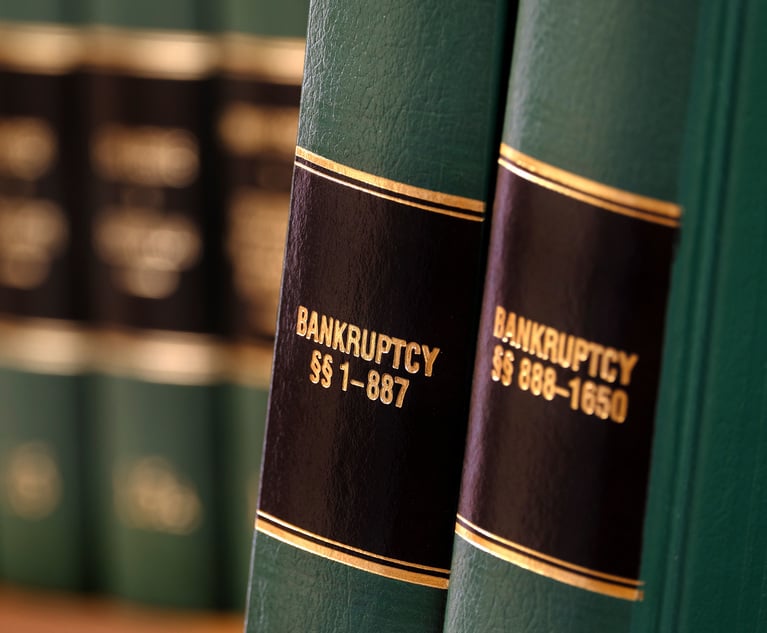As part of estate planning, most our clients are focused on how to pass assets to the next generation, while minimizing the tax burden. We have found that some individuals, in seeking to avoid potential inheritance and estate taxes, give away a portion of their assets during their lifetime (whether to their children or others) in order to minimize the size of their taxable estate at death and, thus, eliminate a substantial portion of those taxes. While this approach certainly sounds appealing, it is important for folks to understand that by doing this they may be giving up the stepped-up basis at death. Consequently, they may have missed out on an arbitrage opportunity by failing to evaluate the capital gains tax versus the inheritance tax savings.
In Pennsylvania, unlike many other states, we still have an inheritance tax at death, so if a decedent died as a resident of Pennsylvania, the assets in his estate are taxed at death. The Pennsylvania inheritance tax rates vary depending on the relationship of the recipient of the inheritance. Assets passing to the following recipients are taxed at the following rates: spouse, 0 percent; lineal descendants/ascendants, 4.5 percent; siblings, 12 percent and others, 15 percent. There is no “exemption” or “threshold” with respect to the Pennsylvania inheritance tax, so assets are taxed at the first dollar (after a reduction for any administration expenses, funeral expenses and debts, of course). In addition to the Pennsylvania inheritance tax, there is a federal estate tax on assets passing at death (this is unified with the federal gift tax for lifetime gifts), however, this 40 percent tax is not imposed unless the assets being transferred exceed the exemption amount, which is at an all-time high of $11.4 million (or $22.8 million for a married couple).


 Rebecca Rosenberger Smolen, left, and Amy Neifeld Shkedy, right, of Bala Law Group.
Rebecca Rosenberger Smolen, left, and Amy Neifeld Shkedy, right, of Bala Law Group.




